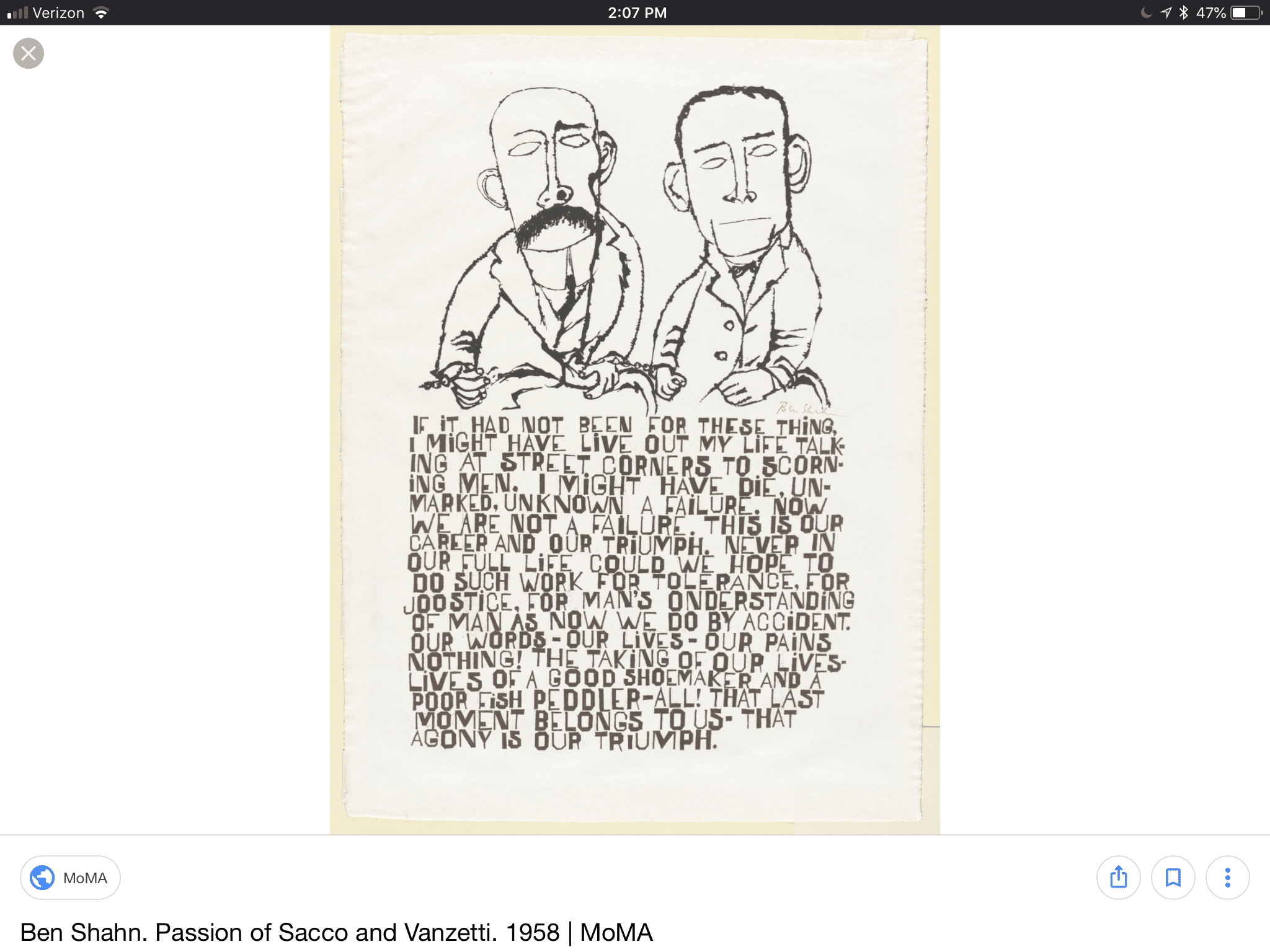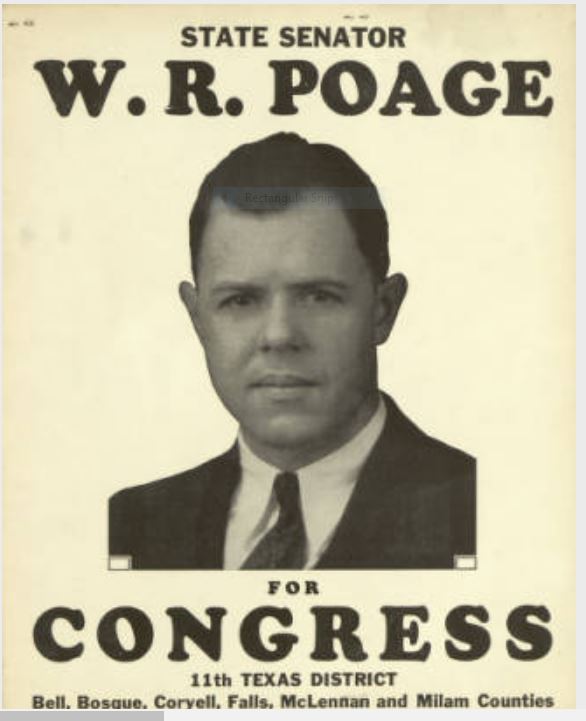1941 ++++ 2018 ++++ 1920 ++++ 2018 ++++ 1840 No nothing party
Autocratic Chairman House Agriculture Committee
Blog: All things Rep. W.R. Poage from Waco, Texas
What is the meaning of this? Quicker than one might think, Puerto Ricans will move from emergency ready to eat meals to imports of corn, wheat and rice. Now, my screen shows vivid portraits of an agricultural economy dead—rotting livestock corpses on the screen. Now there is an economic opportunity to consider an efficient future—a […]

